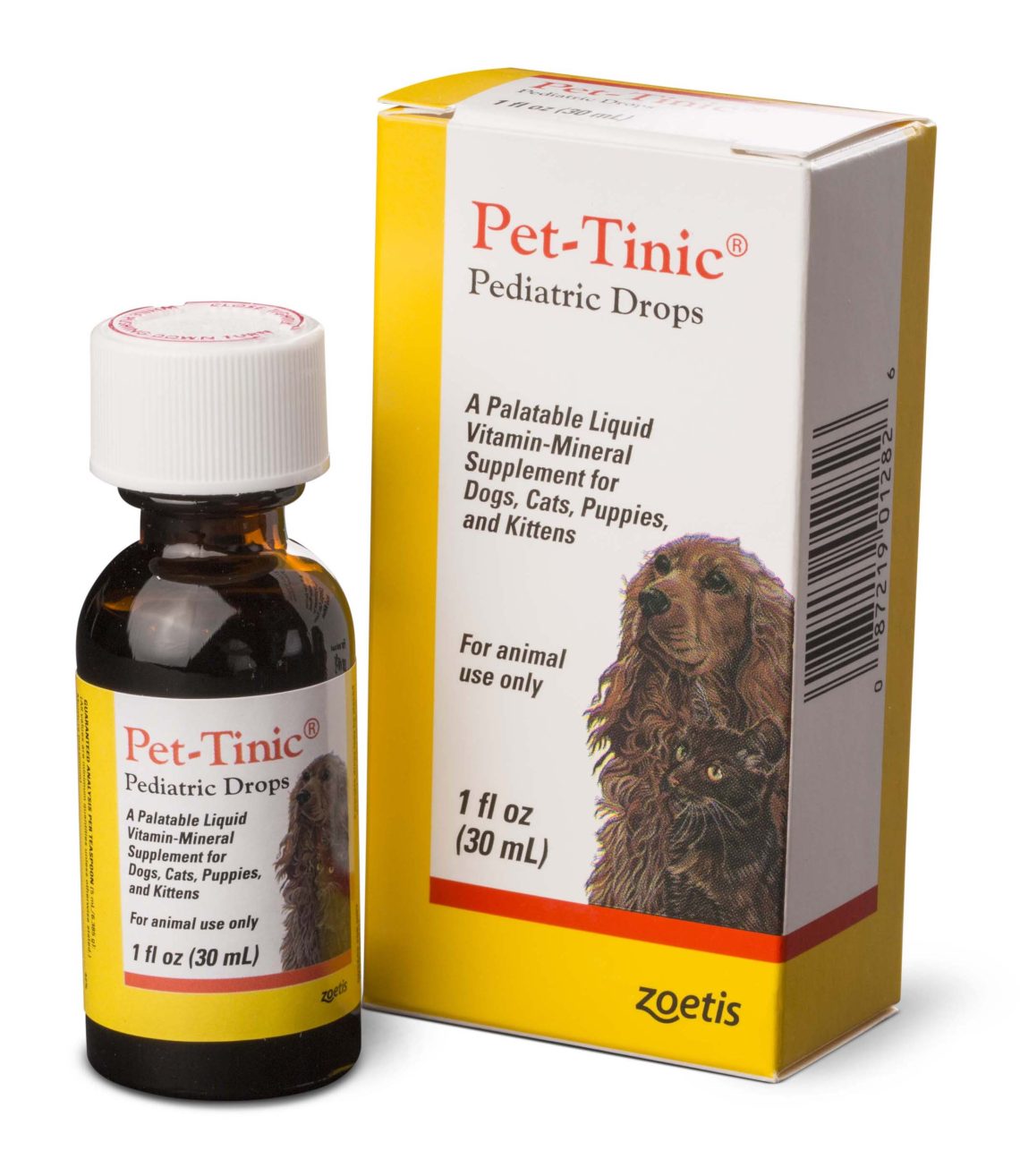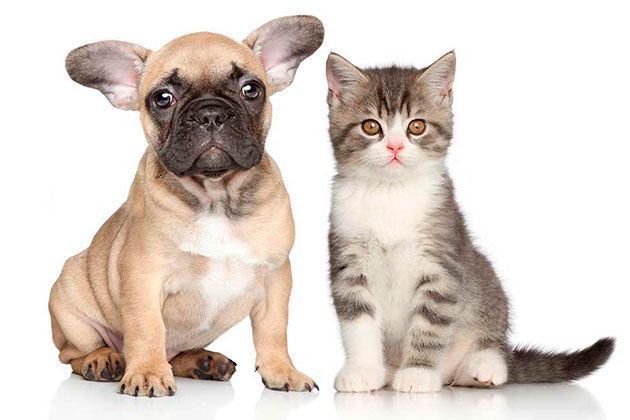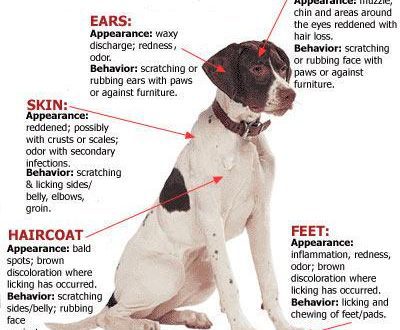
Vitamins rau menyuam dev thiab kittens

txheem
Vitamin-mineral complexes, treats, nutritional supplements.
On the pet market, there are a lot of drugs containing vitamins and minerals. There are vitamin-mineral complexes, treats, nutritional supplements. How do they differ and what to choose?
- Vitamin and mineral supplements are a well-chosen complex of useful substances. The manufacturer writes on the packaging both quantitative and qualitative composition. For example, 8in1 Excel Multivitamin for puppies.
- Treats contain more by-products, while useful components in them are a conditional amount. For example, Beafar Sweet Hearts is a treat for cats and kittens in the shape of multi-colored hearts.
- Dietary supplements are substances that are given to a pet not in the form of powder or tablets, but as a specific product. For example, brewer’s yeast, as a source of B vitamins.
Functions of some vitamins and minerals
- Vitamin A. Participates in the processes of growth, the formation of bones of the skeleton and teeth, affects the health of the skin, improves the functioning of the kidneys, vision.
- Vitamins of group B. Provide normal digestion, improve the quality of the skin and coat. Health of the nervous and hematopoietic systems.
- Vitamin C. Natural antioxidant. Helps the normal functioning of the immunity of babies, improves the absorption of iron in the intestines.
- Vitamin D. Takes part in the regulation of calcium and phosphorus metabolism, in the growth and mineralization of bone tissue and teeth, accelerates the absorption of calcium in the intestine.
- Vitamin E. Just like vitamin C, it is an antioxidant. Helps to develop the reproductive system and maintain its normal functioning, ensures the functioning of the muscles.
- Vitamin K. Participates in the processes of blood clotting.
- Calcium. The basis of bone tissue.
- Phosphorus. The balance of calcium and phosphorus in the body is especially important. It affects many processes.
- Zinc. Participates in metabolism.
- Iron. It is part of hemoglobin. The most important is the respiratory function, the supply of cells with oxygen.
- Magnesium. Maintenance of the nervous and muscular systems.
- Manganese. Helps the functioning of the nervous system.
- Iodine. Thyroid health.
- Biotin. It has a positive effect on the condition of the skin and coat.
If the animal is sick, there is a clear deficiency of some substance, or it has a poor diet in terms of vitamins and minerals, specialized high-quality supplements should be given, preferably as directed by a veterinarian. If a pet kitten or puppy is healthy, receives a quality diet, then you can give vitamins in courses or indulge in treats.
Forms of release of vitamins and minerals.
Manufacturers produce vitamins in various forms: powder, liquid, tablets, injection solutions. As a rule, the route of administration does not affect the effectiveness. The owner himself can decide what is closer to him. The liquid can often be injected directly onto the root of the tongue or added to food. The powder is mixed with dry food, canned food or natural food. Tablets can be given to your pet as a reward. Injectable drugs are usually used in a veterinary clinic or if there are problems with the gastrointestinal tract and absorption of substances may be impaired. Kittens and puppies that are fed natural or economy foods need to be given vitamins on a regular basis. They can be given up to 10-18 months depending on the breed size of the pet, and then transferred to supplements for adult animals, taking into account the physiological needs. For animals consuming premium and super-premium quality feeds, vitamins can be omitted, or given in courses, for example, we give 3 months, a month break, use nutritional supplements of a narrow focus or multivitamin treats.
Hypo- and hypervitaminosis.
The danger is represented by both hyper- and hypovitaminosis. Before taking the complexes, we recommend that you consult with a veterinarian. The lack of nutrients most often develops as a result of improper feeding. An unbalanced diet can lead to slow growth and development, severe injuries. For example, when feeding only meat, alimentary hyperparathyroidism can develop, in which calcium is washed out of the bones, which can lead to their curvature and even spontaneous fractures! This condition is accompanied by severe pain. The complete absence of vitamins in the diet, of course, also leads to negative consequences. But you should not, fearing hypovitaminosis, overfeed your pet with vitamins beyond measure. Because there must be a balance in everything. Again, pay attention to your diet. For example, when a kitten is fed only the liver, hypervitaminosis A can develop. It is characterized by the formation of growths on the vertebrae, the mobility of the cervical spine is limited, and the mobility of the joints is impaired. Multiple excess doses of any of the vitamins can have a strong toxic effect even on the body of an adult animal. Strictly observe the recommended dosages of vitamin-mineral complexes. Constantly monitor the health of your animal, visit the veterinarian regularly.
High-quality and popular vitamin-mineral complexes and treats:
- 8in1 Excel Multi Vitamin Puppy
- Unitabs JuniorComplex for puppies
- Beaphar Kitty’s Junior Kitten Supplement
- VEDA BIORHYTHM vitamin-mineral complex for puppies
- Omega Neo+ Cheerful Baby multivitamin treat with prebiotic inulin for puppies
- Omega Neo+ Cheerful baby multivitamin treat with prebiotic inulin for kittens
- Phytocalcevit vitamin and mineral supplement for puppies.
- Polidex Polivit-Ca plus feed supplement for puppies to improve bone growth





